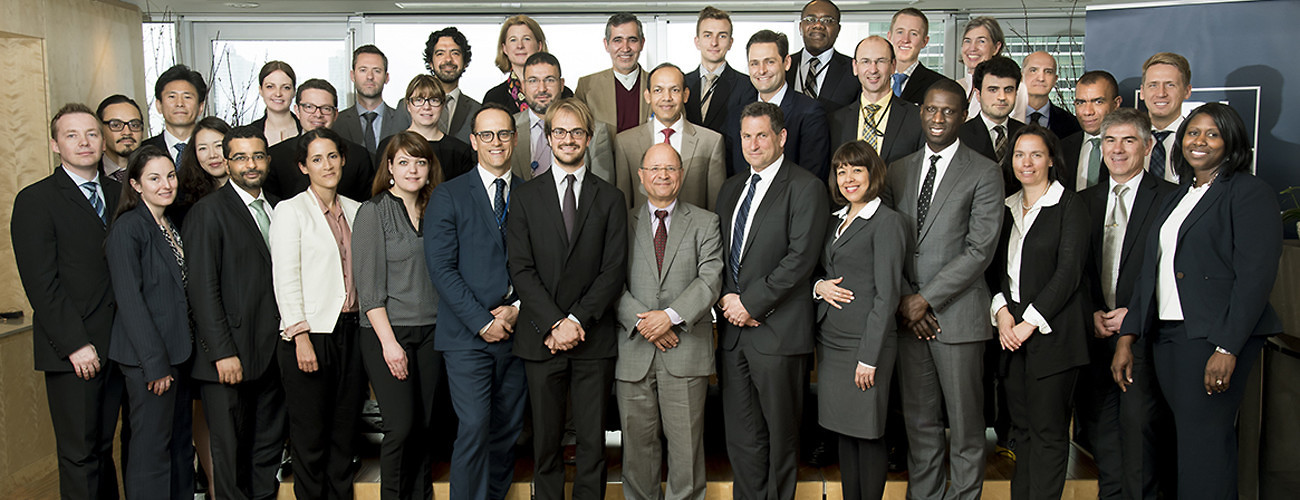On Friday, April 17, IPI hosted the 2015 edition of the New York Seminar on the topic of “The Future Role of Peacekeeping Operations.” This year’s edition, co-sponsored by the Permanent Missions of Austria and Italy to the United Nations, gathered experts, diplomats, and representatives from international organizations and civil society for an in-depth and forward-looking discussion of the role that peacekeeping operations can play in maintaining international peace and security. The seminar was held under the Chatham House rule of non-attribution, with the exception of the keynote address delivered by Izumi Nakamitsu, assistant administrator and director of the Crisis Response Unit of the United Nations Development Programme (UNDP).
In her opening remarks, Ms. Nakamitsu, who between 2008 and 2014 held various posts at the UN Department of Peacekeeping Operations, stressed the importance of devising new conflict analysis tools, especially given the changing nature of conflicts and the emergence of new threats. Achieving political solutions to crises has become more difficult, Ms. Nakamitsu said, which means that prevention should be at the forefront of international peacekeeping efforts.
The discussion also highlighted the challenges posed by the emergence and growth of extremist groups. These non-state actors are now seizing and controlling territory, purporting to provide public services, and using social media tools to spread their violent ideologies. Their actions often fuel sectarian divisions, which in turn complicate the settlement of crises.
According to the panelists, Yemen exemplifies this new trend. There, all the elements of this new conflict environment converge, including a weak state apparatus, widespread poverty, regional involvement, and competition over scarce natural resources.
The Department of Peacekeeping Operations’ efforts to keep up with the evolving situation were recognized in missions such as the Force Intervention Brigade (FIB) in the Democratic Republic of the Congo and the Intelligence and Fusion Cell in Mali, as well as the first-ever UN emergency health mission (UN Mission for Ebola Emergency Response—UNMEER) and the Joint Mission of the Organization for the Prohibition of Chemical Weapons and the UN (OPCW-UN) in Syria.
New and enhanced partnerships stand out as the norm in peacekeeping today. The UN is actively building on the cooperative advantage of regional partners such as the African Union and the European Union. But there are inherent risks and challenges in these partnerships. For example, when the region is leading the mediation process alongside a UN peacekeeping mission or vice versa, how can the organizations work together and use one process to leverage progress in the other?
The discussion also addressed the topic of women’s involvement in peace processes. Women’s absence from such processes, one of the panelists emphasized, is directly linked to the recurrence of violent conflict. Fifteen years after the adoption of Security Council Resolution 1325 on women, peace and security, there is still a lot of work to be done—including by peacekeeping missions—when it comes to ensuring that women are included in peace negotiations and post-conflict reconstruction efforts. By actively including women, peace efforts can become broader and extend to all sectors of society, making relapse into violence less likely.
Finally, the seminar also discussed how UN mediation and conflict prevention capabilities can be strengthened in order to offer viable alternatives to military responses to crises.








